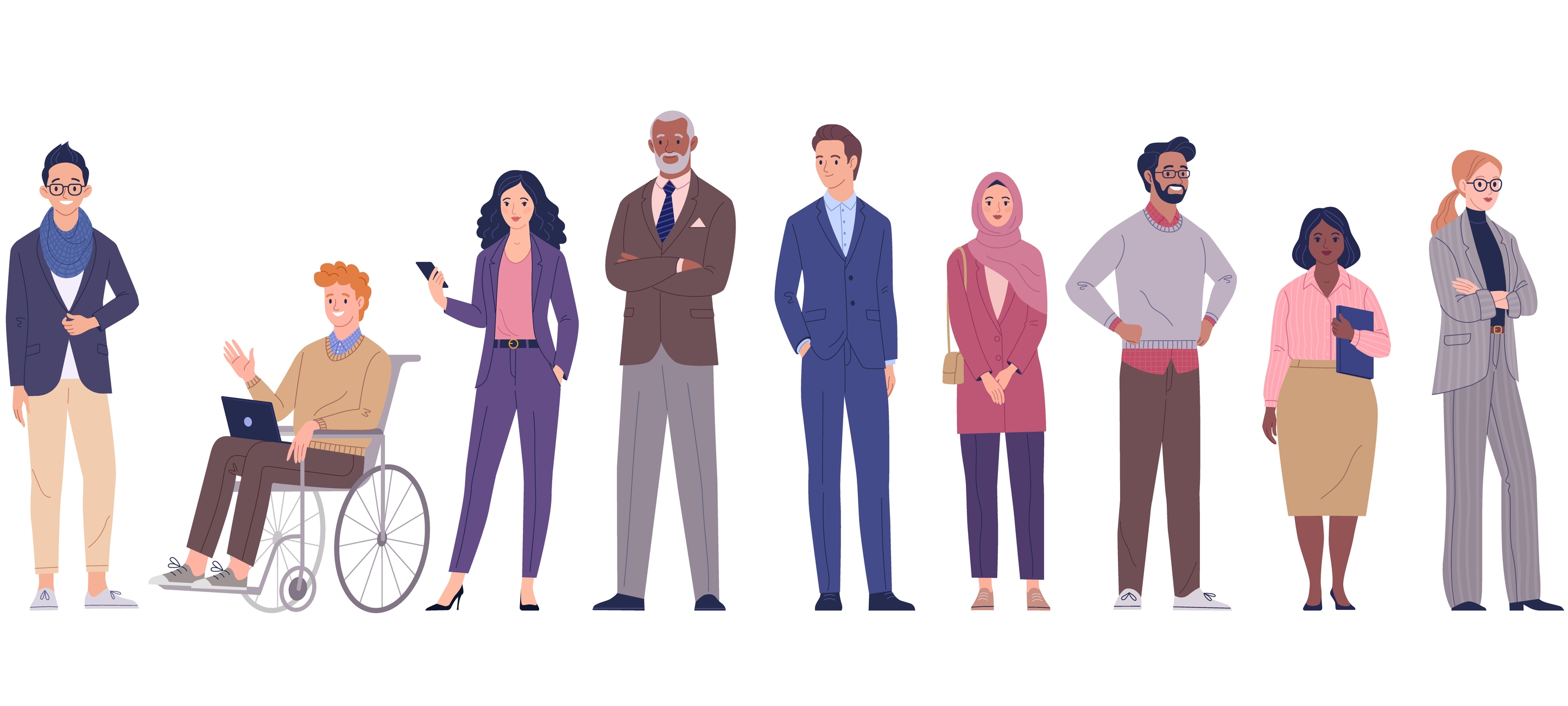
Anyone can get food poisoning, but certain groups of people are more likely to get sick and to have a more serious illness. Their bodies' ability to fight germs and sickness is not as effective for a variety of reasons. These groups of people are:
Adults aged 65 and older
Older adults have a higher risk because as people age, their immune systems and organs don't recognize and get rid of harmful germs as well as they once did. Nearly half of people aged 65 and older have lab-confirmed foodborne illness from Salmonella, Campylobacter, Listeria, or E. coli are hospitalized.
Children younger than 5 years
Young children have immune systems that are still developing, so their body's ability to fight germs and sickness isn't as strong. Food poisoning can be particularly dangerous for them because illness can lead to diarrhea and dehydration. Children younger than five are three times more likely to be hospitalized if they get a Salmonella infection. And kidney failure strikes one out of seven children under age five who are diagnosed with E. coli O157 infection.
People with weakened immune systems
People with weakened immune systems due to diabetes, liver or kidney disease, alcoholism, and HIV/AIDS; or receiving chemotherapy or radiation therapy cannot fight germs and sickness as effectively. For example, people on dialysis are 50 times more likely to get a Listeria infection.
Pregnant women
Pregnant women are more likely than other people to get sick from certain germs. For example, pregnant women are 10 times more likely to get a Listeria infection.
If you or someone you care for is in one of these groups, it's especially important to take steps to prevent food poisoning and to know which foods are more associated with illness than others.
